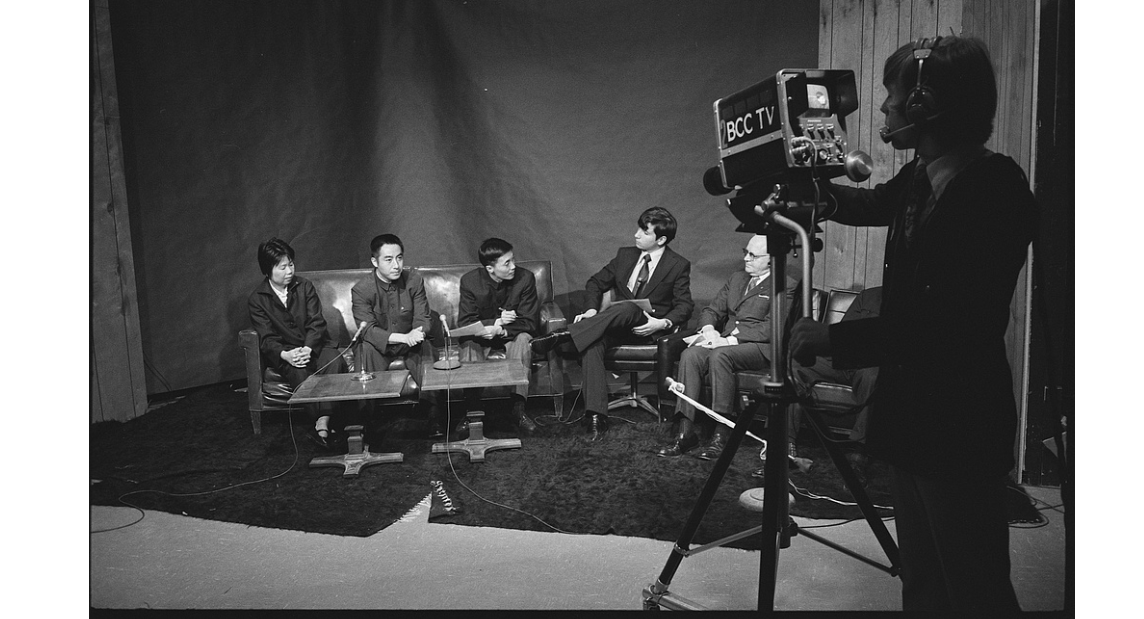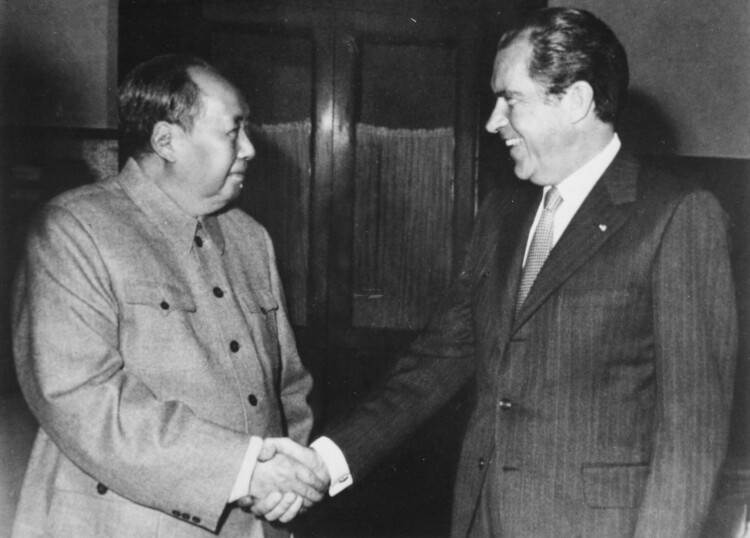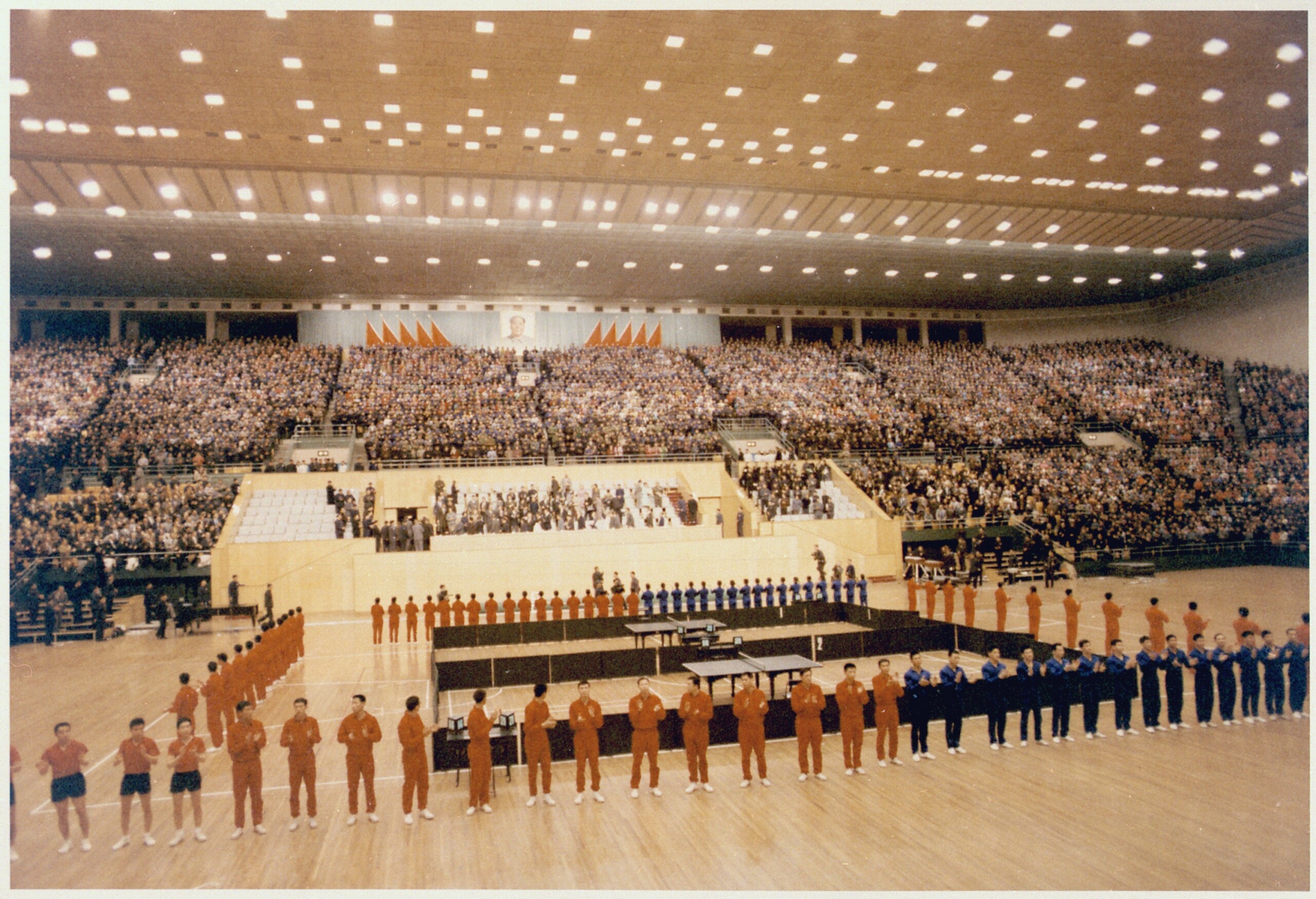The world watched with bated breath as the U.S. team accepted and went to China. It marked the first American delegation to visit since the Communist takeover in 1949.
The Power of Sportsmanship
As the American players toured China, playing friendly matches and interacting with locals, the world witnessed the power of sportsmanship.
The games weren’t just about winning or losing; they were symbolic of hope, camaraderie, and mutual respect. Newspapers and television stations globally used the term “Ping Pong Diplomacy” to describe the groundbreaking events unfolding before their eyes.
For the players, it wasn’t about politics but the love of the game and connecting with fellow athletes. They might not have spoken the same language, but they communicated flawlessly on the table tennis table.
Beyond the Table: The Diplomatic Ripple Effect

The success and positive reception of the table tennis matches had significant diplomatic repercussions. Soon after the games, President Richard Nixon announced a historic visit to China.
The Cultural Exchange
While the sporting matches enamored the world, something subtler, yet just as profound, was happening off the courts. The Ping Pong Diplomacy didn’t just end with table tennis. It ushered in a cultural exchange that had been dormant for decades.
As the American team traveled across China, they learned the nation’s rich history, art, and traditions. They visited the Great Wall, explored ancient temples, and relished local cuisines.
For many, it was their first taste of a culture they had only read about or seen in dated documentaries.
Similarly, the Chinese populace got a glimpse into American life. They saw beyond the political caricatures and stereotypes, meeting everyday individuals with dreams, families, and stories.
The power of music, art, and literature became evident as both teams shared songs from their homeland, discussed popular movies, and exchanged books.
The humble beginnings of Ping Pong Diplomacy demonstrated that diplomacy doesn’t start in meeting rooms or official summits. Sometimes, it begins with shared human experiences and genuine interactions.
Modern Echoes of Ping Pong Diplomacy
Interestingly, sports continue to play a role in bridging geopolitical gaps. Whether the North and South Korean teams marching together in the Olympics or international soccer matches fostering camaraderie between traditionally hostile nations, the sports arena remains a place where diplomacy can thrive organically.
Today’s global leaders could glean a lesson or two from the past. In an era where tensions run high, perhaps we need to look beyond the traditional avenues of diplomacy.
As the legacy of Ping Pong Diplomacy suggests, sometimes, the most profound connections are made when we least expect them, and often in the most unconventional settings.
In Retrospect: The Legacy of Ping Pong Diplomacy
Today, the term “Ping Pong Diplomacy” is a testament to the transformative power of sports in international relations. It reminds us that behind the policies and politics, there are people with passions, dreams, and the potential for unexpected friendships.
Looking back, we appreciate the paddle-wielding ambassadors who brought two great nations closer with each swing and serve. They showed the world that the path to peace and understanding might sometimes start with a simple game.











COMMENTS